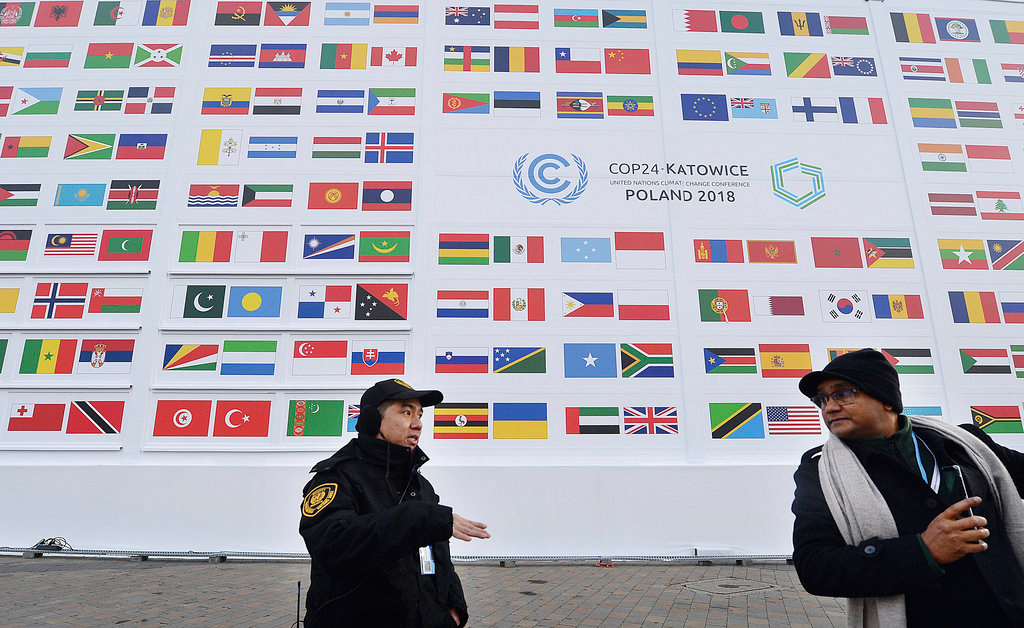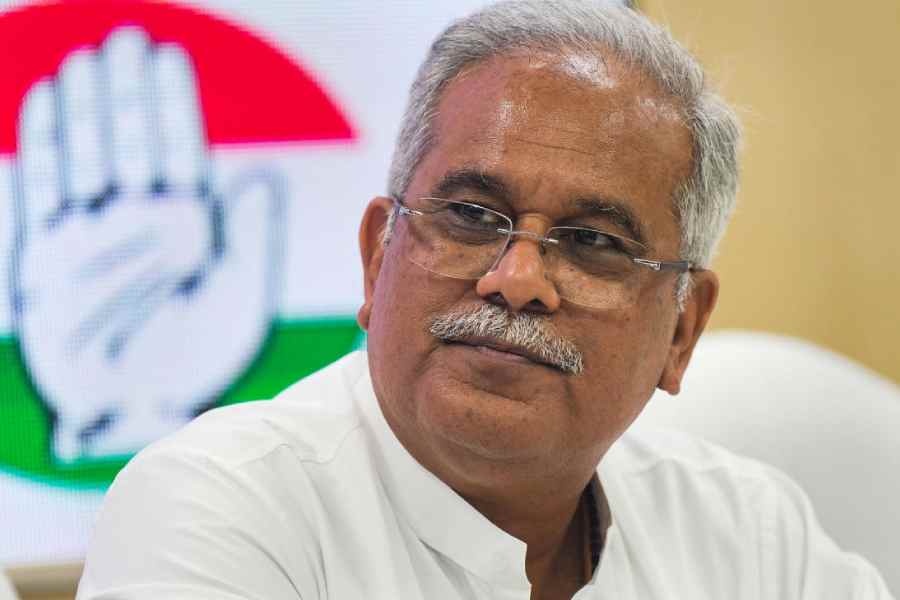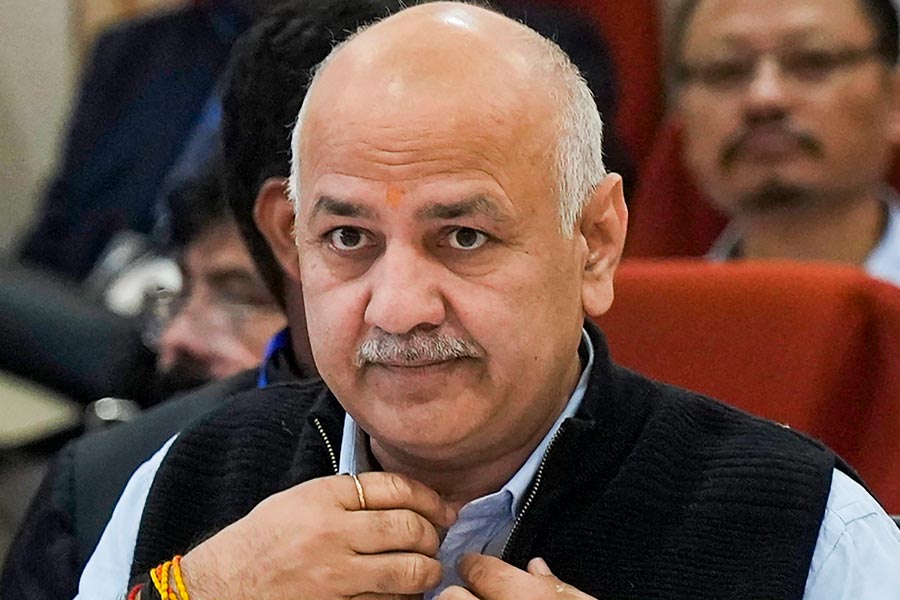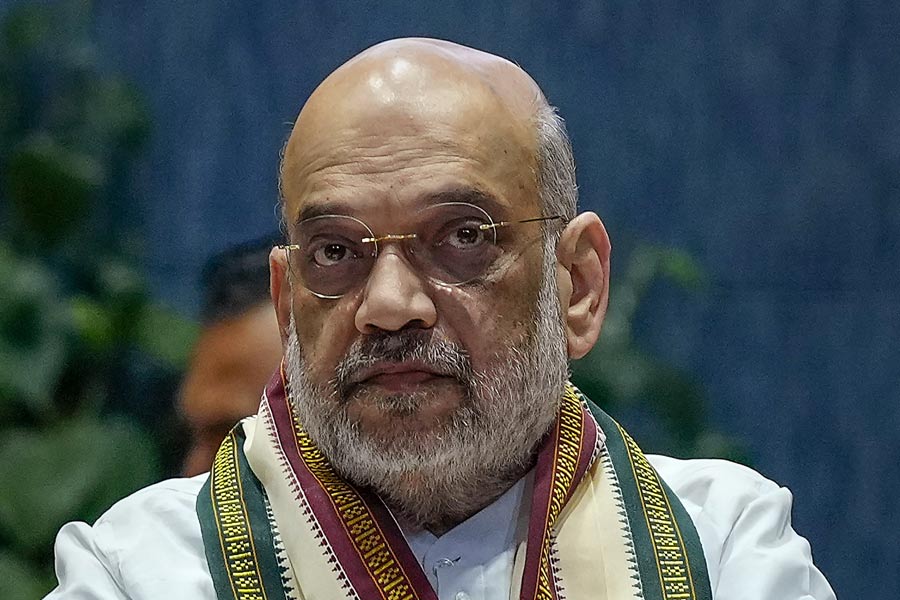Mitigatory action is predicated upon stringent rules. The international delegates who had gathered at the 24th Conference of Parties in Katowice, Poland, would thus be satisfied with their ‘success’ in drafting a ‘rule book’ that was necessary to operationalize the climate pact inked in Paris. There is no denying the importance of the provisions of the rule book. What had been disappointing about the Paris agreement was that signatories, in spite of the gravity of the situation, had deemed that establishing voluntary emissions targets would be enough to compel nation states to fall in line. Katowice seems to have succeeded in instilling a modicum of strictness, establishing a tough apparatus for countries to share detailed information on their respective climate actions. There has been, the delegates argue, some improvement on the prickly issues of transparency and climate finance: the rule book has ensured that a compliance commission would step in to address breaches committed by tardy nation states.
This is not to suggest that the talks were an unequivocal success. Before the conference came to an end, India’s lead negotiator had stated that the principle of equity had not been adhered to in the case of the ‘global stock-take’ in 2023, an exercise that is meant to assess whether the sum total of interventions implemented by all nations is enough to keep the global average temperature near or, hopefully, below two degree Celsius at pre-industrial levels. Finances remain asymmetrical. There is no provision yet to extend the commitment by richer countries to finance the Green Climate Fund beyond 2025 — the year their pledge expires. Ominously, the global solidarity that had been achieved to act against climate change is fraying, with the United States of America leading the pack of climate-change sceptics. Katowice has not achieved enough to stem this tide.












